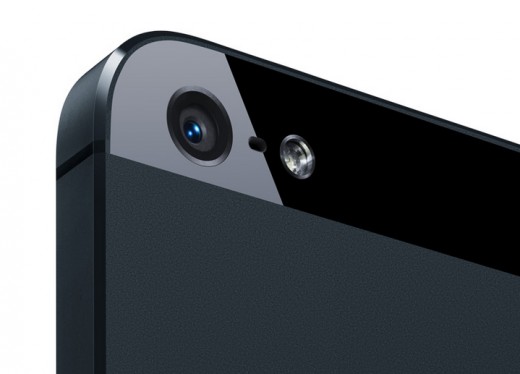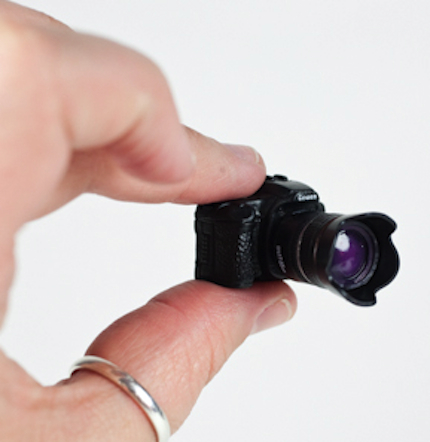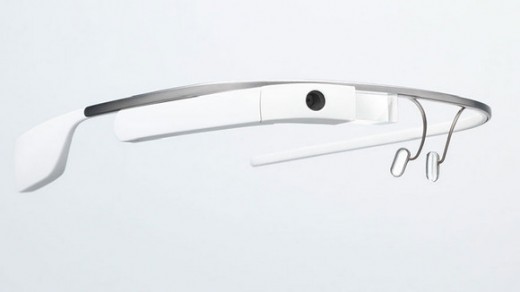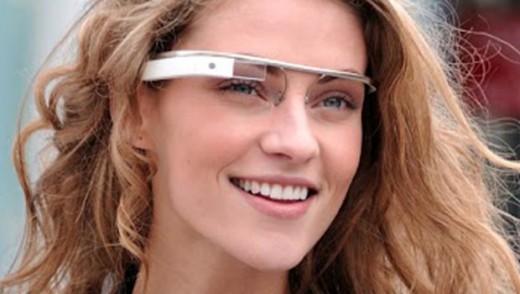Technology and Privacy - Are they Mutually Exclusive?

The Kodak Fiend:
When the Kodak Camera was first invented in the late 19th century a public outcry erupted with the emergence of the ‘Kodak Fiend’ – the handheld camera so convenient that many individuals patrolled beaches snapping amateur photographs of unsuspecting sunbathers. The camera’s slogan “you push the button, we do the rest” resonated with the public and although the camera cost a huge amount of money then, shop owners struggled to keep up with the demand. A technological revolution had occurred much similar to the technological trends of today.
While technological advancement must be welcomed and utilised there are greater concerns which must first be addressed, that is, that the right to privacy must override the need for greater technological freedom. While the freedom to develop, own and use technology, especially cameras must not be conceded, a guide of social conventions must be established and adhered to.

The size and quality of cameras is both good and alarming:
Cameras are in all nearly all devices now where the quality and size of the camera is now so advanced that the stand alone camera is almost exclusively revered by professional photographers. You’ll now find a camera in most appliances and devices – televisions, fridges and every smartphone, tablet and laptop. Cameras are increasingly becoming used as dash-cams in cars, police wear cameras as a part of their uniform, cameras are used by blind people to read labels and street signs, surgeons use cameras every day during surgery and cat-lovers dress their pets with a collar-cam to track their wandering cat’s movements.

Most technology will have a positive benefit and a negative consequence. Police-cams will discourage criminals from making false complaints against officers and will also prevent police from abusing detainees. Dash-cams help resolve insurance claims and catch drivers committing driving offences. Surgeons are able to perform key-hole surgery using endoscopy cameras without completely opening patients.
Follow Me on Social Media:
- Tyler Myers Writes on Facebook
The latest from Tyler Myers Writes on Facebook - Tyler Myers (tmyerswrites) on Twitter
The latest from Tyler Myers (@tmyerswrites).
Cameras are ubiquitous:
On the other hand, however, there are serious privacy concerns that accompany the advancement of technology and the implantation of cameras into many areas of our lives. Just like the Kodak Fiend concern of the 1890s, today the ubiquitous nature of cameras in smartphone means photos can be snapped and shared to millions in matter of seconds. School bullies take photos from their phones and upload them to social media to embarrass their victims while women are being secretively snapped in order to be shared with a wider audience.
On an even deeper and more concerning level are the cameras operated by computer networks for large businesses and corporations which, with facial recognition, are able to extract information about individuals by tracking their every movement. With the added element of us sharing our information on social media the sophistication of computer algorithms means we may not be far from a society where we can be walking down the street and know everything about everyone we encounter.

Google Glass:
The newest threat to the eroding privacy that technology has created is the Google Glass, a pair of spectacles with a built in camera and glass screen which projects into the wearer’s eye line. Google Glass is essentially a smartphone that is worn right before your eyes where information is directly available to you at every moment. While there is no doubt that Google Glass is an amazing example of the endless frontier that is technology and an example of the benefits to economic productivity that technology continues to provide, there are some ethical questions that must be confronted first. Google has tread lightly with civil libertarians thus far. Facial recognition has been left out of their product and video can only be taken in limited intervals – but for how long? Without appropriate laws and regulations in place to ensure individual privacy these companies will continue to push the boundaries and eventually change our perception towards the technology until we grow to disregard the privacy concerns.

Life Logging:
The idea of ‘life logging’ which the technology of Google Glass opens is both an inspiring and confronting one. Wearing a camera that takes a photo every 30 seconds means every moment of your life is captured. The idea came about after a man lost both is parents to cancer and wished he had memories of the more candid moments he enjoyed with them. Many people often take photos at special events but the intimate moments shared with family and friends are often the ones most worth capturing. Creating an electronic memory in theory sounds great but other concerns arise. While capturing the most cherished moments, you also capture the unhappy moments you would wish to forget. Furthermore, the privacy of everyone you encountered is compromised. Most people wouldn’t even realised they had just been photographed and if they did would they approve of it.

Technology will continue to improve, new technologies will always be discovered and technology will continue to improve our quality of life. Technology must be embraced – there’s no alternative. Technology must aid humanity – not reduce the rights of humanity. As technology becomes integrated into mainstream society many questions must be asked of its social progression. Law makers must act to protect privacy while ensuring society embraces the many improvements technology provides. With the greatly increased power that technology provides, comes an even greater responsibility.








